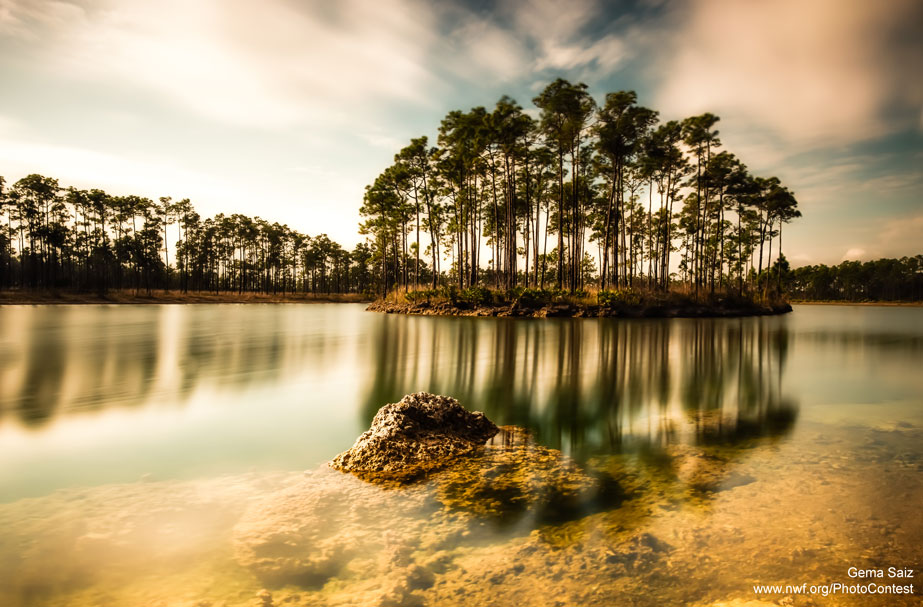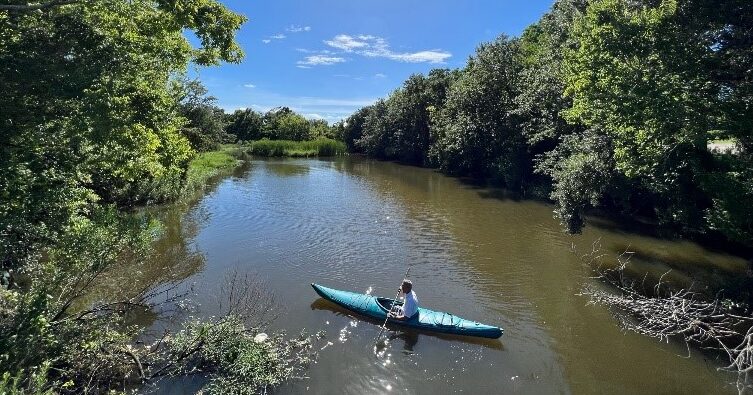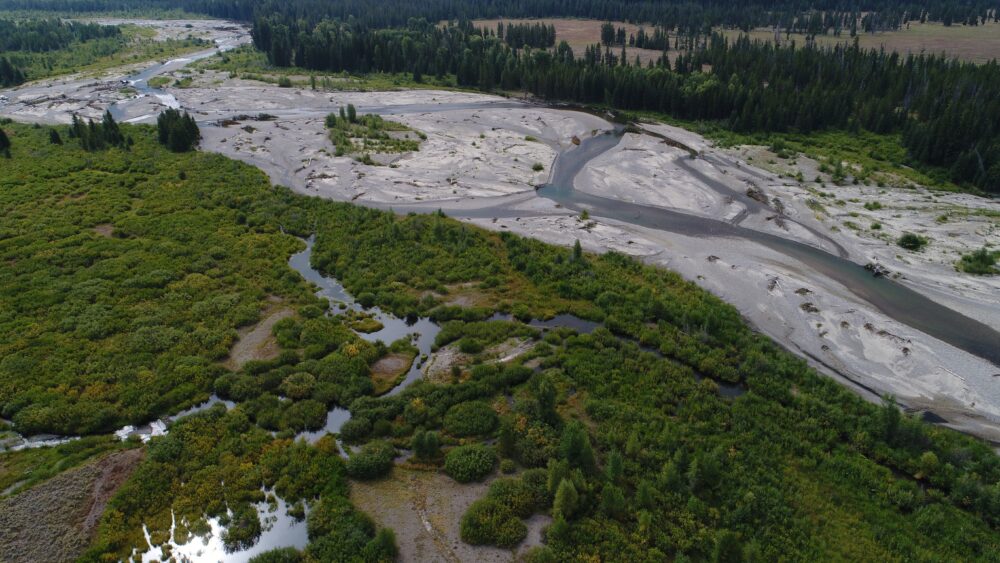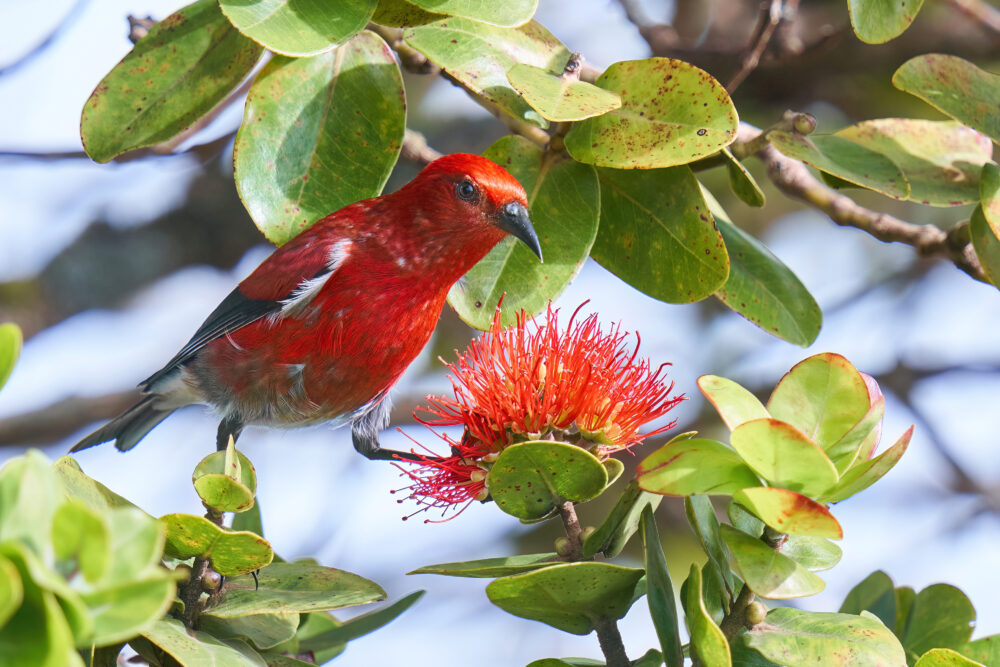We have much more to do and your continued support is needed now more than ever.
Want to Start a Compost Collective? Learn from Haki!
How composting can have a lasting impact on the environmental health of our communities and the planet
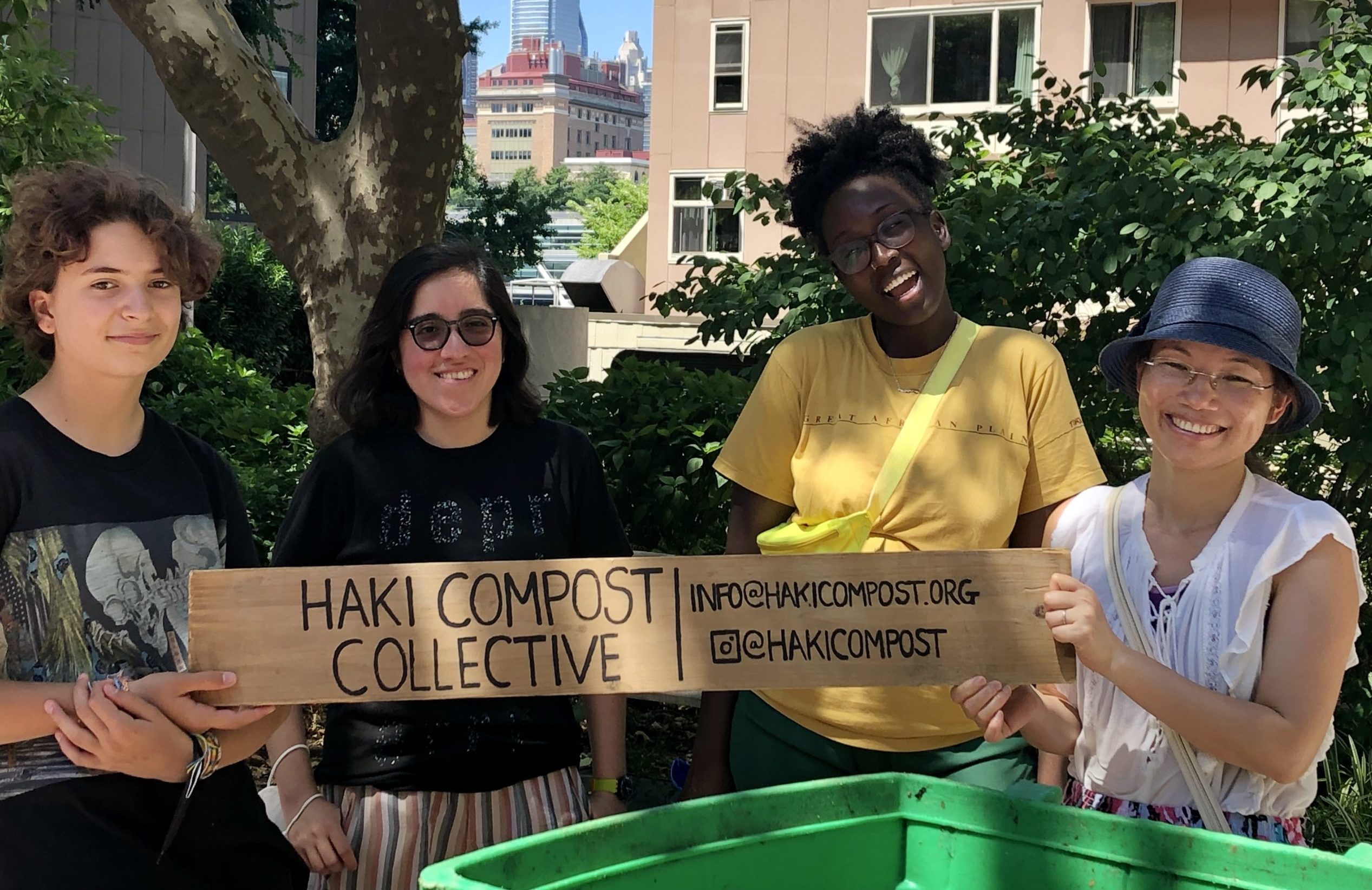
Compost, also referred to as black gold, is an earthfall blend of food scraps, leaves, mulch, and woodchips that combine to create a dark black soil-like mixture that contains the three primary nutrients needed by garden crops; nitrogen, phosphorus, and potassium.
Composting improves soil health by harnessing the nutritional value in food scraps and discarded kitchen waste, then re-introducing them to the earth as safe and effective fertilizers. Composting has become a standard zero waste management initiative in many cities and suburban communities in the U.S and around the world.
The rise of global lockdowns and social distancing measures due to the coronavirus pandemic created many challenges for the continuation of composting services, especially in major cities. Despite this chaos, community leaders emerged to create functional, practical, and effective solutions to addressing food waste, such as compost collectives.
Compost collectives
A compost collective is a community-based initiative comprised of passionate individuals who have created local infrastructures to divert locally generated food scraps from landfills. Community members work together with local nongovernmental organizations (NGOs), community groups, garden clubs, and compost facilities to dispose of organic food waste ethically and responsibly. In New York City, residents of Roosevelt Island created the Haki Compost Collective to bring an equitable composting program to all residents. Several community members, including one National Wildlife Federation staff member, formed the collective in the summer of 2020. Since then, the collective has worked to meet the community’s environmental goals, while facilitating a safe educational space that brings residents together and cultivates authentic relationships.
Danika Lam, the pioneer of the Haki Compost Collective, wanted to find a name for the group that would raise consciousness in the community in regards to the Indigenous people of New York and Roosevelt Island. Danika also wanted the collective to center Black, Indigenous, and People of Color (BIPOC) in the environmental movement, provide opportunities for youth and encourage community members to act in collective care.
Haki is a Lenape word that means earth, soil, and land. The Lenape people are the Indigenous people of New York City and inhabited the land generations prior to Dutch settlement and colonial rule. The name Haki was suggested to the group by the Lenape Center, an organization that seeks to preserve and develop the culture and heritage of the Lenape people through community, culture, and the arts. To learn more about the Lenape Center and their work, visit their website here.
The Haki Compost Collective harnesses the support of community volunteers to run its operations. Over 60 residents have volunteered and undergone formal training and education on the value of compost, as well as how to manage the food scrap drop-off site, conduct outreach, and train other volunteers.
The Haki food scrap drop-off site has even become a community fixture; it’s common to find many families and local island residents having conversations or joining in on monthly volunteering training sessions. Members of the collective shared that, “everyone who joins brings great ideas. Neighbors gift houseplants which quickly are adopted by new plant parents. Others share ideas to use more of our food and bake samples for us.”
One community member, Maggie, realized that sturdy food delivery bags are no longer recyclable, so she suggested having neighbors drop them off for collection each week while we are at the bins, and she donates them to the local food pantry.
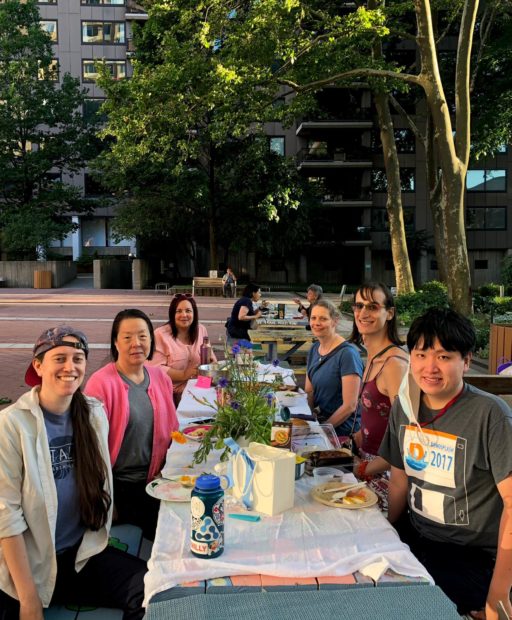
During the first fall season of the collective’s official launching, the collective held a learning workshop on Columbus Day 2020 focused on indigeneity and settler colonialism. The purpose of the workshop was to help facilitate a conversation regarding the relationship between race and the environment; a connection not traditionally considered in “mainstream,” white-dominated spaces in the environmental sphere. This work is part of the collective’s mission to create safe spaces that facilitate meaningful conversations and expand the scope of knowledge and consciousness regarding how communities analyze and think about environmental discourses.
Successful partnerships
Since the launching of the Haki Compost Collective over 100,000 pounds of food scraps have been diverted from landfills. The processing of the community’s food scraps into compost has been made possible by the support of Haki’s partners, such as Big Reuse. Big Reuse is an environmental non-profit organization in Queens that repurposes organic materials that would otherwise be sent to landfills. Big Reuse has a state-of-the-art composting facility in Long Island City where food scraps from Roosevelt Island are picked up every Saturday and sent to Big Reuse’s facilities to be turned into compost. To learn more about the work of Big Reuse, visit their website here.
Haki has also partnered with the Roosevelt Island Operating Corporation (R.I.O.C), a government office based on Roosevelt Island that manages various landscaping, event planning, and community development projects, to support the procurement of resources and physical space to allow for the operations of the collective. To learn more about R.I.O.C and their work, visit their website here. Together, Big Reuse, R.I.O.C, and Haki work collectively towards reducing food waste on Roosevelt Island.
After two years, the Haki Compost Collective is still growing and welcoming new members while remaining 100% volunteer-driven, with the support of local community partners. The collective emerged at a critical time testing the faith, strength, teamwork, and creativity of the founding members to develop strategies and action plans that would allow for grassroots community-based food scrap collections and composting services to continue. Most importantly, the creation of the compost collective cultivated a spirit of environmental stewardship and community amongst Roosevelt Island residents throughout the highs and the lows of the coronavirus pandemic. The Haki Compost Collective is a great example of how a group of committed individuals can lead environmental stewardship efforts and uplift their community.
To learn more about the work of the Haki Compost Collective, visit their Instagram page at Haki Compost Collective. If you are ever in New York City and interested in volunteering, send a message to hakicompost@gmail.com or info@hakicompost.org, and one of their team representatives will be sure to respond to your email. The collective operates their food scrap drop site each Saturday from 9am to 2pm near the local farmer’s market.
To learn more about NWF’s most recent zero waste management initiatives, read our blog about our 2022 Campus Race to Zero Waste initiative here. For guidance on how to address local waste management challenges in your community while engaging youth, visit our ECO Schools USA Pathways and Consumption Waste Fact Sheet and Seven Step Framework here.
In the name of the Haki spirit, we encourage all communities to compost and educate their neighbors on the ecological benefits of composting. Together our efforts and initiatives can have a greater and lasting impact on the environmental health of our communities and planet.
















